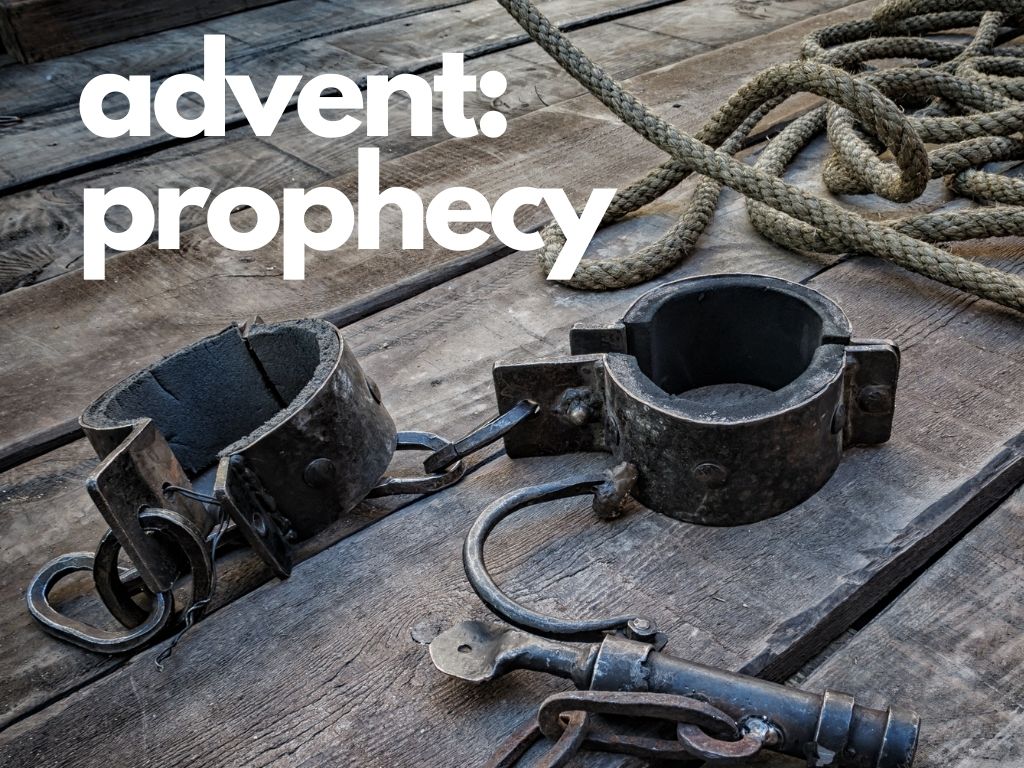
One day in early December 1785, a young member of England’s Parliament named William Wilberforce quietly entered a church in Charles Square in East London. He came to meet the church’s pastor, John Newton, a former slave ship captain who had come to faith in Jesus Christ, renounced his former career and lifestyle to pursue serving God, and had reluctantly become known for his humble faithfulness to God.
Wilberforce’s father died when he was a young boy. He’d been sent to live with his aunt who introduced him to Newton and other famous Christian teachers. The encounters led William to his own faith in Christ. But as a young man and influential politician he walked away from his faith to follow the lifestyle of most of Europe’s high society figures. Then on a long vacation in France, he found his faith renewed through discussions with a childhood friend. Now, he was reluctant to continue his political career, believing it would be far better for him and the world if he personally served in the church.
Author Eric Metaxas describes the encounter between Wilberforce and Newton. “Newton was surely overjoyed to welcome his old friend and to know that he had come back to his Christian faith. But Wilberforce was less joyful in the meeting. In fact, he was painfully burdened about what course his life should take.... Newton, speaking perhaps prophetically, encouraged his young friend not to leave politics at all. Who knew — his reasoning went — but that Wilberforce had been prepared ‘for such a time as this’? Who knew but that God would use him mightily in the world of politics, where he was needed more than ever? It’s hard to know what’s more amazing, that Newton said such things or that Wilberforce accepted them; to remain as a serious Christian in that hostile secular climate was a brave thing indeed. But accept them he did.”* Although he did not feel worthy to be selected by God for the task, William Wilberforce went on to lead the lengthy but successful effort to eradicate slavery in England and the West.
A young Jewish woman named Mary, living in first century Israel, had a prophetic encounter with an angel who told her she was chosen for a special task too. “The angel went to her and said, ‘Greetings, you who are highly favored! The Lord is with you.’ Mary was greatly troubled at his words and wondered what kind of greeting this might be. But the angel said to her, ‘Do not be afraid, Mary; you have found favor with God. You will conceive and give birth to a son, and you are to call him Jesus.” (Luke 1:28-31) Mary would miraculously conceive and give birth to the Messiah. Although she was troubled, she responded faithfully to her call, “I am the Lord’s servant... May your word be fulfilled in me.” (1:38)
Each of us who has received salvation by faith in Christ is uniquely called to be the Lord’s servant. How are we meant to respond? Join us this Sunday at 9:00 a.m. as we continue our Christmas series, “Advent,” and learned about our call to serve Christ.
Pastor Kevin
Write a Comment
Comments for this post have been disabled.